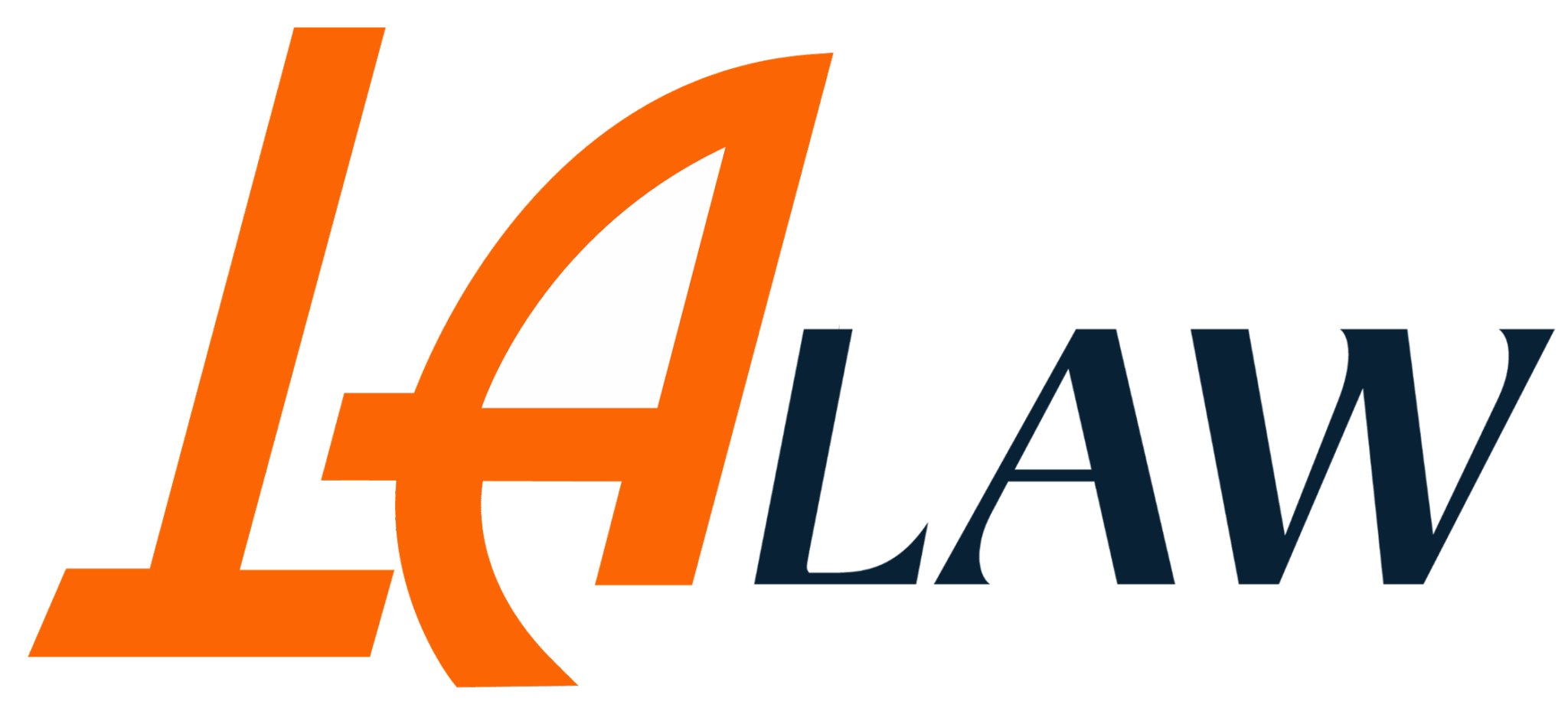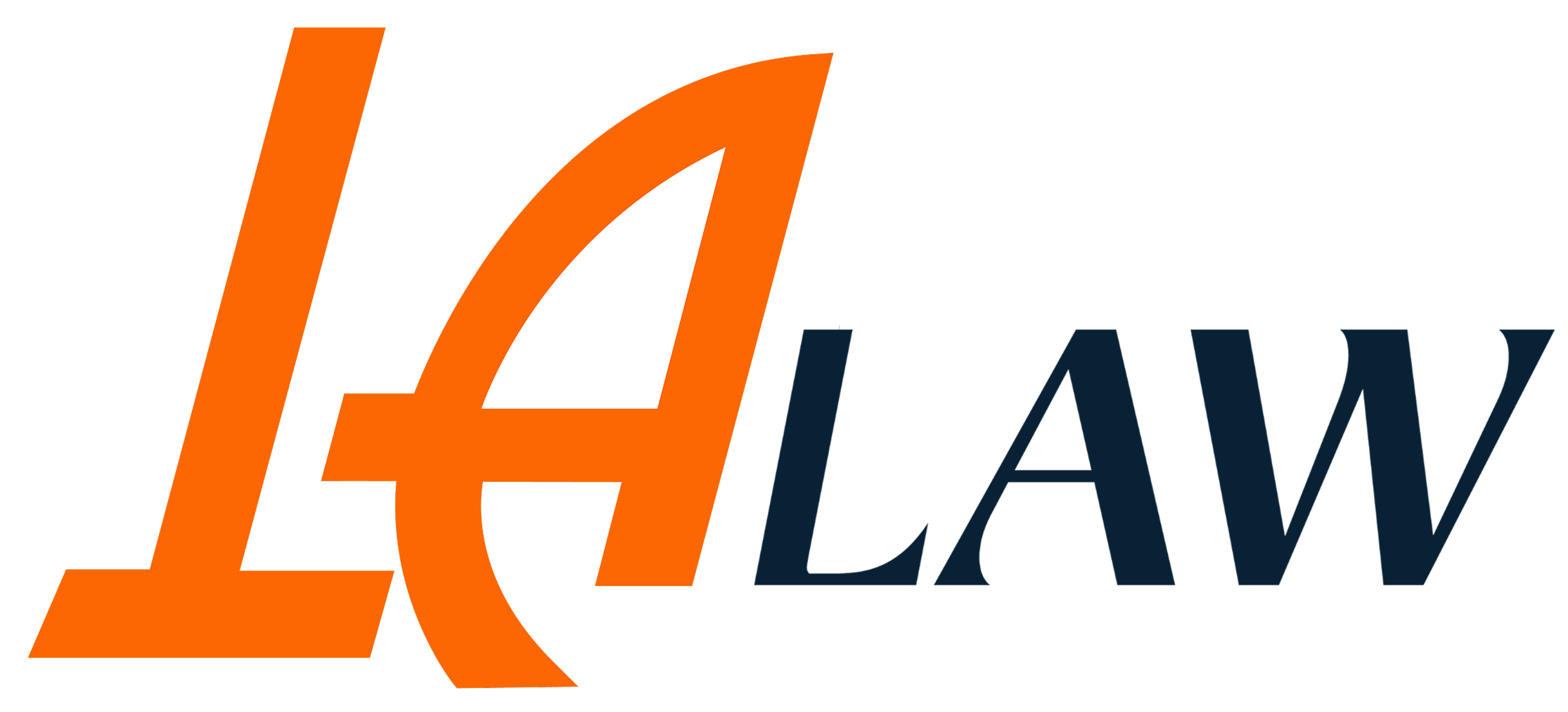TBI Injuries in Connecticut
Concussions After an Accident: What You Need to Know
About Brain Injuries
Traumatic Brain Injury Lawyer Connecticut — Concussions and head injuries can change your life in an instant. Even a minor accident may lead to serious brain trauma.
All it takes is one unexpected moment—a slip & fall, a collision—and your life can change in an instant. One second you’re going about your day, the next you hit your head and feel a little dazed. You may brush it off and assume you’re fine. But here’s the truth: some of the most serious injuries—like concussions or traumatic brain injuries (TBIs)—don’t show up right away.
At L.A. LAW, we’ve worked with countless individuals who didn’t realize the full extent of their injuries until hours, days, or even weeks later. Brain injuries are invisible—but they are very real. Our Traumatic Brain Injury Lawyer Connecticut team helps victims get the compensation they deserve.
Let’s talk about how to spot the signs, why you shouldn’t ignore them, and how to protect your health (and your case).
Protecting Your Rights with a Traumatic
Brain Injury Lawyer Connecticut
A concussion is a type of traumatic brain injury that occurs when a blow or jolt to the head causes the brain to move rapidly inside the skull. This sudden movement can damage brain cells and affect the way your brain functions. It doesn’t take a massive crash to cause a concussion—even a “fender bender” can result in a head injury. Hiring a Traumatic Brain Injury Lawyer Connecticut ensures your legal rights are protected.
Signs of a Concussion
or Brain Injury
Right after the accident, you might feel dizzy or “out of it.” But brain injury symptoms can be sneaky. Keep an eye out for signs like:
Headaches that won’t go away
Confusion or feeling mentally foggy
Trouble concentrating or remembering things
Nausea or vomiting
Sensitivity to light or sound
Sleep problems
Mood changes (feeling more anxious, irritable, or sad)
If you notice any of these symptoms, it’s important to seek medical attention immediately. The sooner a concussion or TBI is diagnosed, the better your chances for a full recovery.
Why You Shouldn’t Ignore It
Some people shrug it off—“I didn’t black out, so I must be fine.” But many concussions happen without a loss of consciousness. Ignoring symptoms can lead to worsening problems down the line, including long-term memory loss, difficulty concentrating, and even permanent cognitive issues.
From a personal injury law perspective, documenting your symptoms and medical treatment early on also strengthens your case if you need to file a claim. Insurance companies may try to minimize brain injuries because they’re not visible like a broken arm—but that doesn’t make them any less serious.
Protecting Your Rights After an Accident
If you were injured after an accident and suffered a concussion or brain injury, don’t try to tough it out. Make sure to:
See a doctor—even if you feel “mostly okay”
Document your symptoms and how they affect your daily life
Talk to a personal injury attorney who understands brain injuries
We help people across Connecticut, no matter what type of accident they were involved in, navigate the medical and legal aftermath. You’re not alone, and you deserve to be heard. If you’re dealing with headaches, confusion, or memory loss after an accident, a Traumatic Brain Injury Lawyer Connecticut can help.
Why Injury Victims Across Connecticut Trust L.A. LAW
Many law firms don’t take TBI injuries seriously unless there’s clear, immediate trauma. We know better. If you’ve experienced cognitive changes, emotional shifts, or can’t return to work—we build a case around your lived reality.
We fight for people —not insurance companies
We partner with top Connecticut medical professionals

Let’s Get You Started
We’re ready to fight for you. We’re ready to be your ally. We’re ready to start right now. Don’t waste time, contact our law offices today. Serious injuries don’t happen on a 9-to-5 schedule, which is why we are always available to help if you have been hurt.
Subscribe To Our Newsletter!
Stay informed on Connecticut personal injury laws, case updates, and legal tips to protect your rights—straight to your inbox.
QUICK LINKS
Copyright © 2025 | L.A. LAW All Rights Reserved.

